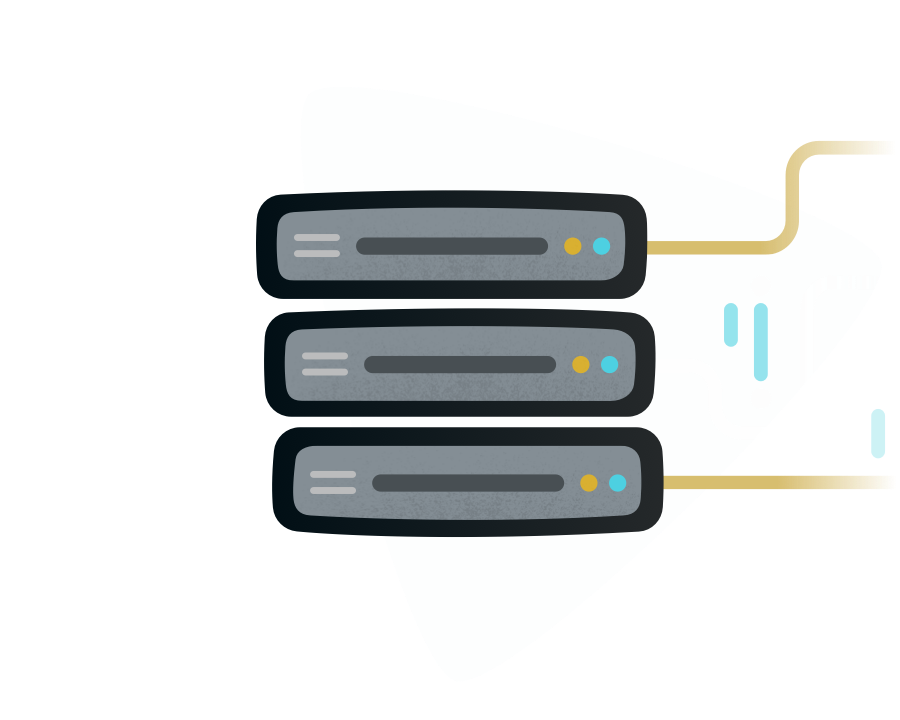7 KiB
 AngularFire ❱ Developer Guide ❱ Realtime Database
AngularFire ❱ Developer Guide ❱ Realtime Database
Realtime Database
Store and sync data with our NoSQL cloud database. Data is synced across all clients in realtime, and remains available when your app goes offline.
The Firebase Realtime Database is a cloud-hosted database. Data is stored as JSON and synchronized in realtime to every connected client. When you build cross-platform apps with our iOS, Android, and JavaScript SDKs, all of your clients share one Realtime Database instance and automatically receive updates with the newest data. Learn more about the Realtime Database.
Dependency Injection
As a prerequisite, ensure that AngularFire has been added to your project via
ng add @angular/fire
Provide an RTBD instance in the application's NgModule (app.module.ts):
import { provideFirebaseApp, initializeApp } from '@angular/fire/app';
import { getDatabase, provideDatabase } from '@angular/fire/database';
@NgModule({
imports: [
provideFirebaseApp(() => initializeApp(environment.firebase)),
provideDatabase(() => getDatabase()),
]
})
Next inject it into your component:
import { Component, inject } from '@angular/core';
import { Database } from '@angular/fire/database';
@Component({...})
extend class DepartmentComponent {
private database: Database = inject(Database);
constructor() {
}
}
Firebase API
AngularFire wraps the Firebase JS SDK to ensure proper functionality in Angular, while providing the same API.
Just change your imports from import { ... } from 'firebase/database' to import { ... } from '@angular/fire/database' and follow the offical documentation.
Getting Started | API Reference
Convenience observables
AngularFire provides observables to allow convenient use of the Realtime Database with RXJS.
object
The object() function creates an observable that emits object changes.
| function | object(ref) |
| params | ref: Reference |
| return | Observable<QueryChange> |
objectVal
The objectVal function creates an observable that emits an array of object values, optionally with a mapped key.
| function | objectVal(query, options?) |
| params | query: Reference|Query, options?: { keyField?: string } |
| return | Observable<T> |
list
The list() function creates an observable that emits a sorted array for each child event change. The optional events parameter will filter which child events populate the array.
| function | list(ref, options?) |
| params | ref: Reference|Query, options?: { events?: ListenEvent[] } |
| return | Observable<QueryChange[]> |
listVal
The listVal() function creates an observable that emits an object mapped to its value, and optionally its key.
| function | listVal(query, options?) |
| params | ref: Reference|Query, options?: { keyField?: string } |
| return | Observable<T | null> |
stateChanges
The stateChanges() function creates an observable that emits each time a change occurs at the reference or query passed. This is useful for tracking the changes in your list. The optional events parameter will filter which child events populate the array.
| function | stateChanges(ref, options?) |
| params | ref: Reference|Query, options:? { events?: ListenEvent[] } |
| return | Observable<QueryChange> |
auditTrail
The auditTrail() function creates an observable that emits the entire state trail. This is useful for debugging or replaying the state of a list in your app. The optional events parameter will filter which child events populate the array.
| function | auditTrail(ref, options?) |
| params | ref: Reference|Query, options?: { events?: ListenEvent[] } |
| return | Observable<QueryChange[]> |
fromRef
The fromRef() function creates an observable that emits reference changes.
| function | fromRef(ref, event) |
| params | ref: Reference|Query, event: ListenEvent |
| return | Observable<QueryChange> |
Connecting the the emulator suite
import { connectDatabaseEmulator, getDatabase, provideDatabase } from '@angular/fire/database';
@NgModule({
imports: [
provideDatabase(() => {
const database = getDatabase();
connectDatabaseEmulator(database, 'localhost', 9000);
return database;
}),
]
})
Working with multiple instances
import { provideFirebaseApp, FirebaseApp, initializeApp } from '@angular/fire/app';
import { getDatabase, provideDatabase } from '@angular/fire/database';
const DATABASE_SHARD_URLS = [
'https://FOO.firebaseio.com',
'https://BAR.firebaseio.com',
'https://BAZ.firebaseio.com',
];
@NgModule({
imports: [
provideFirebaseApp(() => initializeApp(environment.firebase)),
provideDatabase((app: FirebaseApp) => getDatabase(app, DATABASE_SHARD_URLS[0])),
provideDatabase((app: FirebaseApp) => getDatabase(app, DATABASE_SHARD_URLS[1])),
provideDatabase((app: FirebaseApp) => getDatabase(app, DATABASE_SHARD_URLS[2])),
]
})
import { DatabaseInstances } from '@angular/fire/database';
constructor(databases: DatabaseInstances) {
// databases => Database[]
}